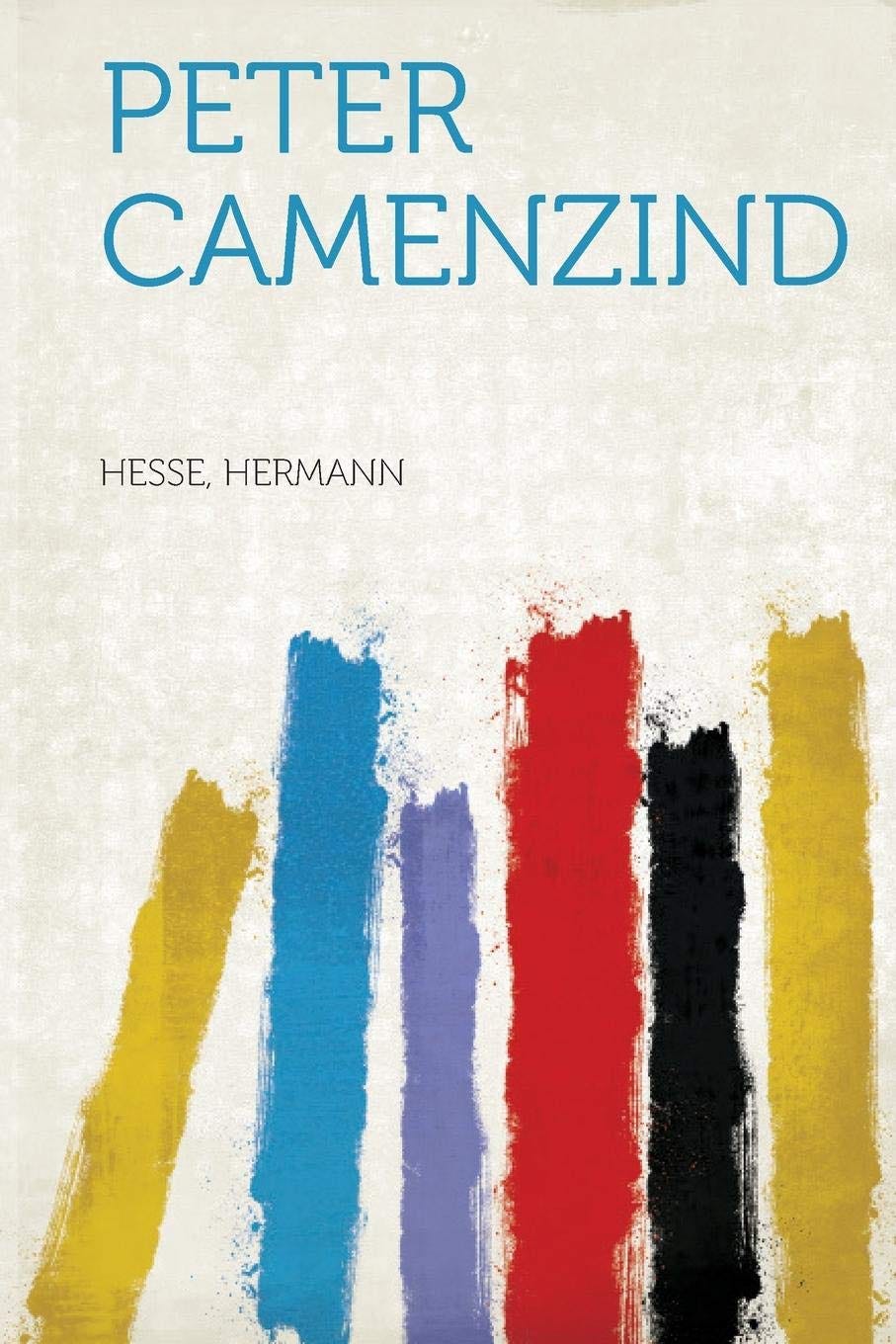So says the author of a fairly recent biography of Hermann Hesse (1877 - 1962), reviewed in The New Yorker in 2018. A German-born Swiss, Hesse was apparently looked down on by fellow German/Austrian giants in literature. “He displays the foibles of a greater writer than he actually is,” in the words of Robert Musil, author of the 20th mammoth A Man Without Qualities (1930 - 1943). Though the sentiment is a bit ignoble, I can see where Musil is coming from. I’ve read most of Hesse at this point and although readily accessible, intellectually stimulating, and sometimes as attractive as a firm apple in a bowl of fruit—his work can be a bit sophomoric and formulaic. Honestly he drives me a bit nuts.
The New Yorker piece goes on to say he really only wrote about the death of childhood—somewhat a loss of innocence but more a sense of corruption—vis a vis an industrialized world its lust for consumption. Not to say it isn’t worth writing about (some of his books are truly great) but as you’ll see he has a hard time trying other areas of thought. But as it was, this trim, serious-minded Swiss guy would have been disappointed to learn the high number of slovenly hippies who engorged his work in the 1960s.
Peter Camenzind (1904) was his first book. It’s a great one to get to know him. And though a little soppy at times, definitely one of my favorites by him.
Peter is born to a small Swiss town with its back to great mountains and its front to a great lake. As typical of Hesse, our main man is sent away to the customary religious boarding school which he hates but inevitably does well in. He writes much as a freelancer would for newspapers--reviews of books--and drifts around Europe. Although handsome, he fails to find a woman to share his wanderings with (surprising for Hesse and frustrating for Peter). Peter compensates by drinking a lot. But for some reason this doesn’t translate into debilitating alcoholism. Lovely descriptions of landscape, food, and solitude throughout.
My only real take away was it was inevitably about Peter’s failure to connect. Possible friendships and loves are stolen away prematurely by not being able to keep up with the unrelenting pace of the 20th century (so grueling in 1904 Switzerland I’m sure). Peter himself didn’t seem interesting enough to reflect another direction. The hippies out there may disagree with me. Let me know what you think!



